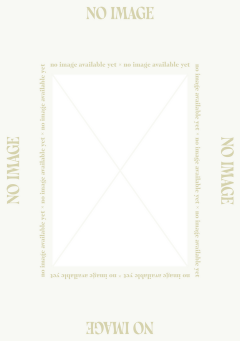My Cart
Your cart is empty
Looks like you haven't made your choice yet.
- Subtotal
Zotheid in Vlaamse Schilderkunst

- Hannibal Books
- by Larry Silver
More Information
| Publisher | Hannibal Books |
|---|---|
| ISBN | 9789464366082 |
| Author(s) | by Larry Silver |
| Publication date | December 2022 |
| Edition | Hardback |
| Dimensions | 290 x 250 mm |
| Pages | 240 |
| Language(s) | Dutch (NL) ed. |
Description
According to mediaeval theologians, faith is a deadly serious business. Humour and virtue are irreconcilable, because laughter is uncontrollable and escapes the control of reason. A modest smile is permitted. But laughing loudly, grinning and grimacing: these are the playing field of the devil - just as pernicious as other uncontrollable urges, such as physical love or the addiction of the gambler. That is the domain of the peasant or fool.
In the late Middle Ages, every right-thinking town-dweller knew the difference between the peasant and the fool. Peasants are innocently gullible, primitive, throwing themselves into feasting, gorging, drinking and sex. The peasant is the antithesis of the cultivated town-dweller, who fastidiously controls his urges - and who therefore above all must not laugh too loudly. Only during innocent children's parties or Shrove Tuesday celebrations is it permitted for urban partygoers to show their other side, their 'underbelly'. The intoxicating atmosphere allows them to temporarily deny the unpleasant aspects of their day-to-day existence.
In contrast to the peasant, the fool also escapes the existing order. The fool holds up a mirror to the self-declared wise citizens, because 'the fool reveals the truth through laughter', even though it may be hidden between piss and shit, sex and snot. It is for precisely this reason that Erasmus, in his 'In Praise of Folly' writes not as himself but through the persona of Folly, a broad back behind which the wise person can hide when he denounces social problems. Laughter thus alters the world and contributes to social change, a process of cultivation. In this context, the fool and irony became important motifs in mediaeval art, especially in the Low Countries. This original art book is illustrated with dozens of top-quality works by Flemish masters from worldwide collections.
With an introduction by Dr. Katharina Van Cauteren, art historian and chief of staff at The Phoebus Foundation.
Larry Silver is Professor of Art History at the University of Pennsylvania. In 2006 he published the monograph Hieronymus Bosch. Silver is renowned worldwide as one of the most important art historians of our age.

Zotheid in Vlaamse Schilderkunst
